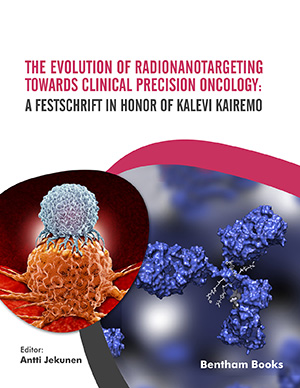Abstract
Russia’s Sputnik V vaccine has become for various reasons, a topic of
geopolitical struggle, a source of vaccine nationalism and Russia’s soft power, and
conversely, a source of Western vaccine nationalism also. Global competition over the
souls and minds of low-resource countries will continue since 80 percent of their
population will not receive a vaccine this year. In this context, Sputnik V is not only a
medical achievement and a step towards overcoming the pandemic, but it has also
interpreted a political victory for the Russian regime. Politicization and suspicions over
the vaccine, the lack of transparency and deep distrust of the Russian authorities’
actions against COVID-19, and the impact of the pandemic, as well as several factors
related to Russian political culture, have caused problems for the regime. The general
lack of trust and the public belief in conspiracy theories, as well as widespread vaccine
skepticism, have had a significant influence on Russians’ attitude towards vaccination
and restrictions. A significant portion of populace is skeptical about COVID-19, and
the vaccine and vaccinations have not progressed very well so far. The biggest
challenge of regime seems to be gain the trust of the population to achieve adequate
vaccine coverage and herd immunity.
Keywords: Conspiracy theories, Geopolitics, Putin, Russia, Russia’s regime, Societal trust, Sputnik V, Vaccine nationalism, Vaccine skepticism.






















